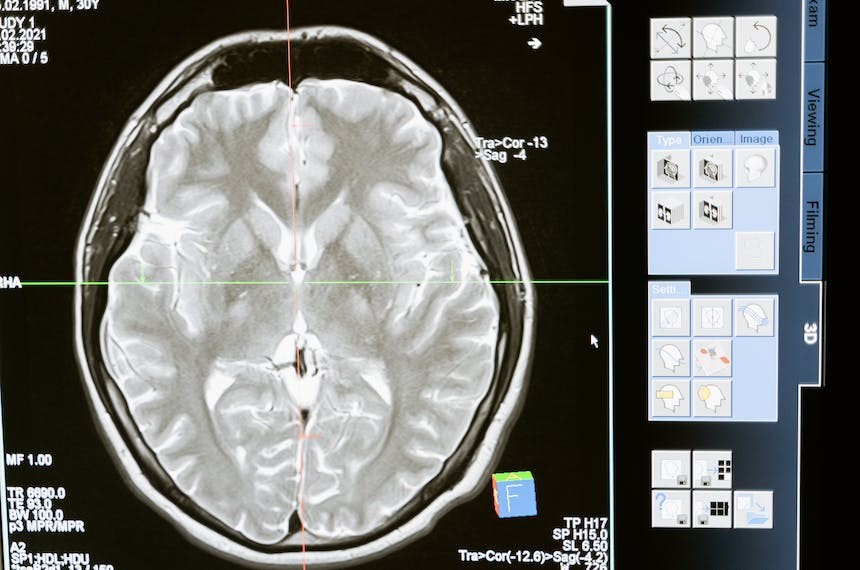
Autoimmune Encephalitis
Autoimmune encephalitis is an immune-mediated inflammatory brain condition, often linked with antibodies against neuronal cell surface/synaptic proteins. It encompasses a range of syndromes with diverse neuropsychiatric symptoms, including memory deficits, cognitive impairment, psychosis, seizures, abnormal movements, or coma. The condition is related to various antibodies and can be associated with different types of cancers.
Overview of Autoimmune Encephalitis
Autoimmune encephalitis is often associated with antibodies against neuronal cell surface/synaptic proteins, manifesting as limbic encephalitis or more widespread involvement.
Associated Antibodies and Syndromes
It includes anti-NMDA receptor encephalitis, anti-LGI1 encephalitis, anti-GABA-A/B receptor encephalitis, and anti-Caspr2 associated encephalitis. Syndromes range from typical limbic encephalitis to complex neuropsychiatric symptoms.
Treatment with Immunosuppressive Agents
Treatment options include glucocorticoids, IVIG, or plasma exchange. Cyclophosphamide or rituximab may be considered if there's no response. Dosage adjustments for these drugs should be based on neutrophil and platelet counts.
Intensive Care and Multidisciplinary Support
Some patients may require intensive care and a multidisciplinary team for rehabilitation, physical therapy, nutritional therapy, and psychiatric management of behavioral symptoms.
Seizure Management
Seizures should be treated aggressively with antiseizure medications, including lorazepam, diazepam, levetiracetam, or fosphenytoin.
Relapse Management
Approximately a quarter of patients are at risk for relapse, which is typically treated similarly to the initial presentation.
References
- Granerod J, et al. Causes of encephalitis and differences in their clinical presentations in England. Lancet Infect Dis. 2010;10(12):835-44.
- Graus F, et al. A clinical approach to diagnosis of autoimmune encephalitis. Lancet Neurol. 2016;15(4):391-404.
- Gable MS, et al. The frequency of autoimmune N-methyl-D-aspartate receptor encephalitis. Clin Infect Dis. 2012;54(7):899-904.
- Titulaer MJ, et al. Treatment and prognostic factors for long-term outcome in patients with anti-NMDA receptor encephalitis. Lancet Neurol. 2013; 12(2):157-65.
- Höftberger R, et al. Encephalitis and GABAB receptor antibodies. Neurology. 2013;81(17):1500-6.
- Vincent A, et al. Autoantibodies associated with diseases of the CNS. Lancet Neurol. 2011;10(8):759-72.
- Davis R, Dalmau J. Autoimmunity, seizures, and status epilepticus. Epilepsia. 2013;54(6 Suppl 6):46-9.
- Dalmau J, Graus F. Antibody-Mediated Encephalitis. N Engl J Med 2018; 378:840.





